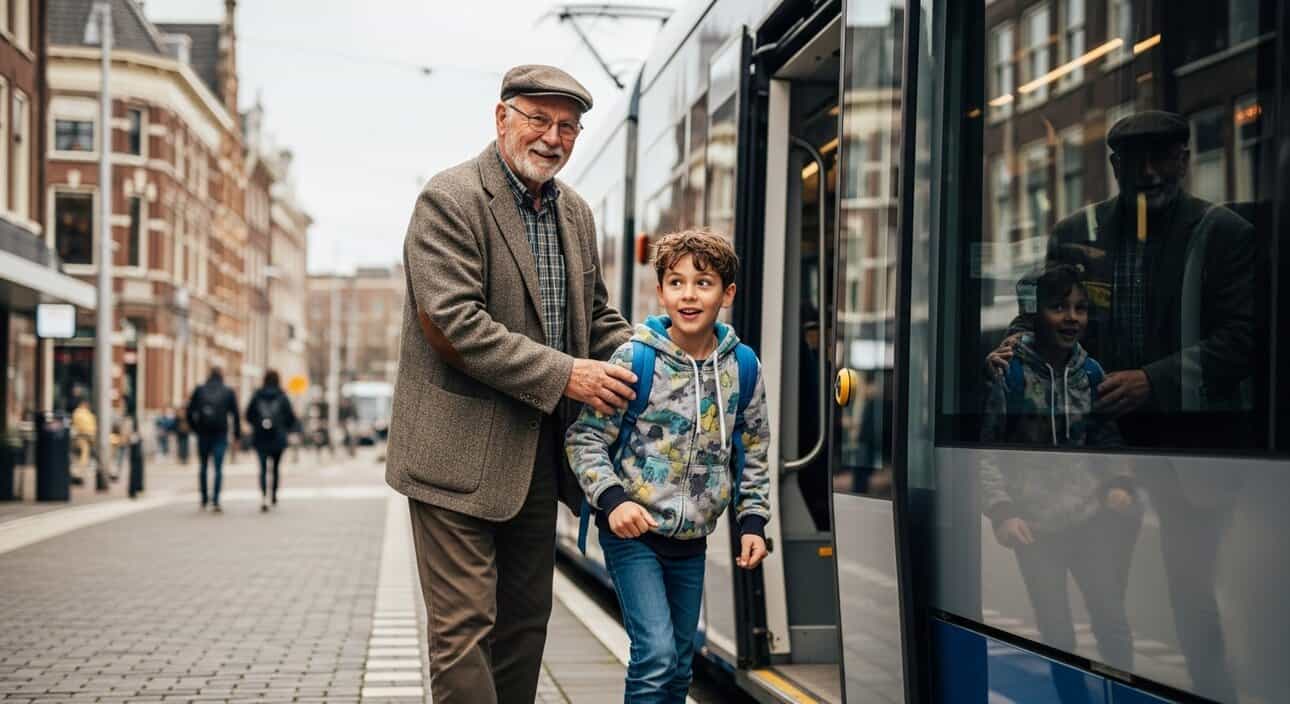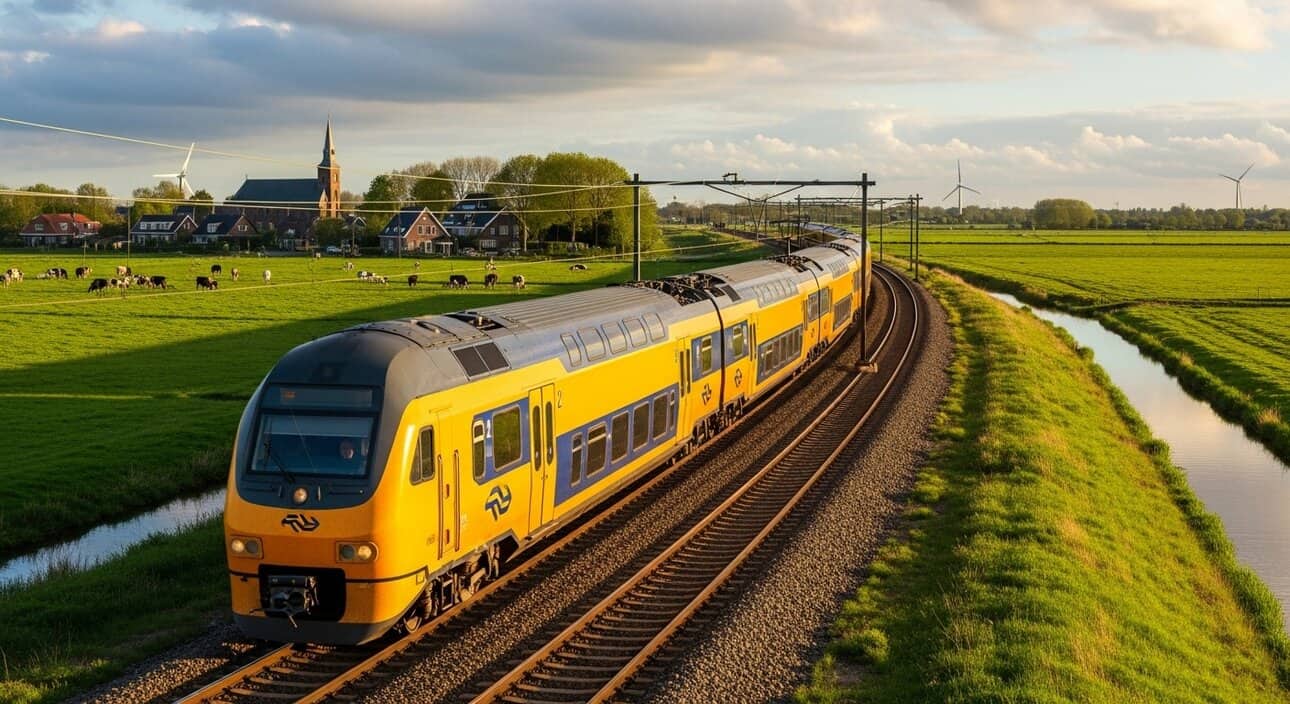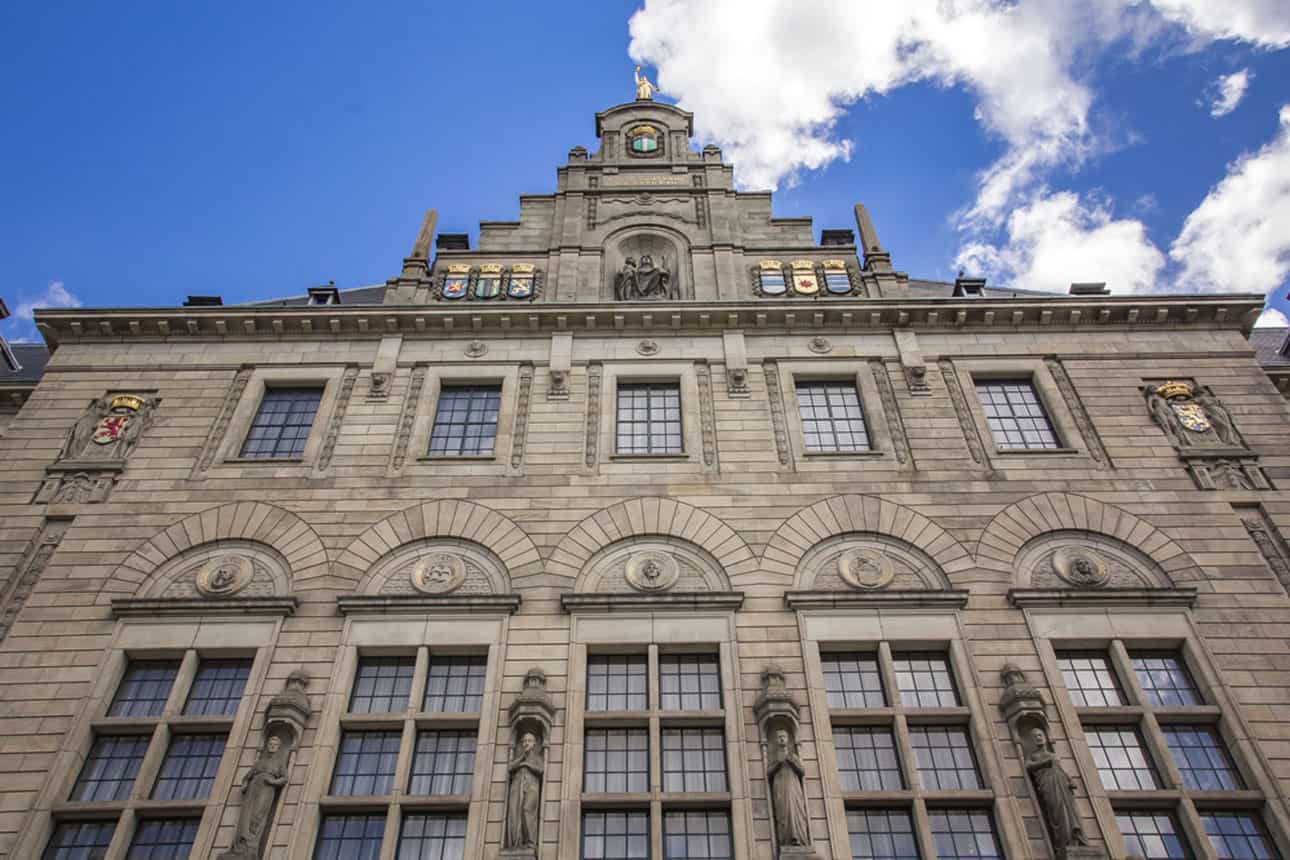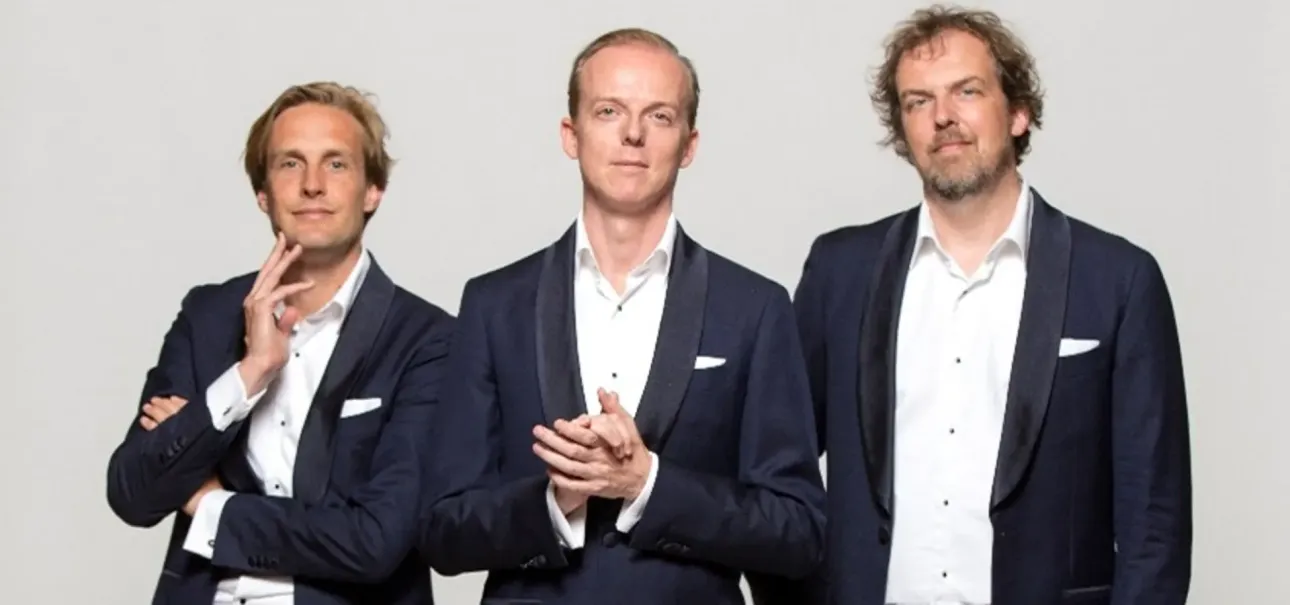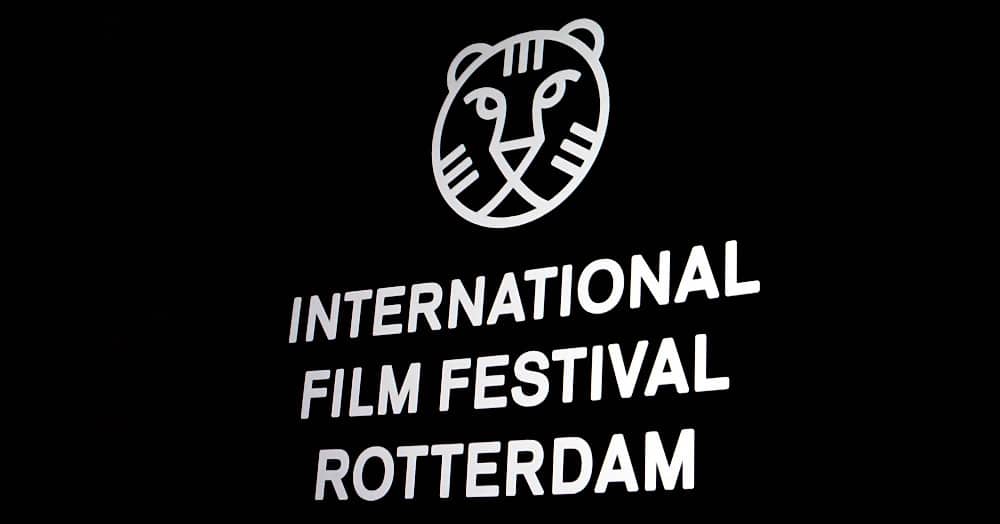ROTTERDAM, 21 March 2024 – On the occasion of its third anniversary in Rotterdam, Bolt has reported a substantial increase in user engagement. This growth indicates a shift towards shared mobility solutions in the city.
A tripling of growth showcases a shift in urban travel.
Upon the third anniversary of its operations in Rotterdam, Bolt has reported a three-fold increase in usage since its inception in March 2021. This growth reflects a rising trend towards shared mobility in the city, resonating with Rotterdam's ambition to reduce reliance on private vehicles in favour of public transport, cycling, and shared mobility solutions.
This surge is not just a quantitative metric but signifies the citizens' embrace of environmentally friendly travel options. Monthly users in the tens of thousands signify that Bolt has grown beyond a service—it has become a staple in the city's mobility.
Bolt as a sustainable mobility integrator
Bolt has become synonymous with convenient and sustainable travel in Rotterdam, offering a wide array of services that cater to a diverse user base. This integration into the city’s transport ecosystem is evident as residents and visitors increasingly rely on Bolt for their daily commuting needs, thereby supporting the city's environmental and traffic decongestion goals.
Safety innovations for a secure commute
Innovation in safety has been a cornerstone of Bolt's strategy. The introduction of an in-app safety toolkit, which includes an SOS button to alert local emergency services, audio recording of rides, and monitoring for deviations from the planned route, has enhanced the safety for passengers and drivers alike.
These tools are not merely reactive, but proactive measures in fostering a safer travel environment. The real-time monitoring system is particularly groundbreaking, automatically detecting anomalies in the trip and ensuring immediate assistance is available if necessary.
Challenges ahead: Taxi shortages and the quest for convenience
Despite these positive strides, challenges remain, such as the shortage of taxi drivers in Rotterdam, which continues to affect the ease with which residents can book rides. This shortage highlights the delicate balance between supply and demand in urban mobility and the need for sustainable solutions to meet the city's growing transportation needs.

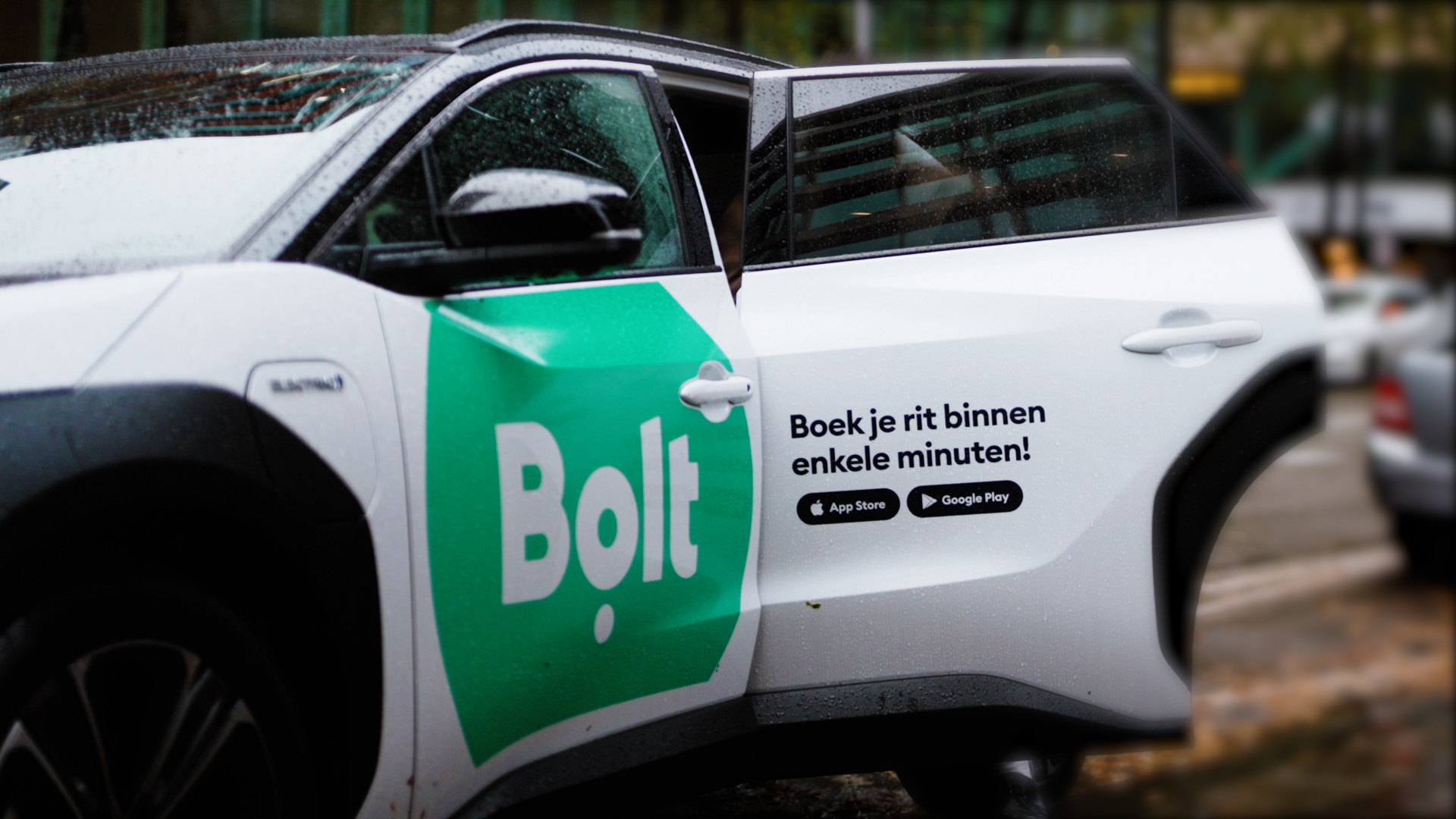
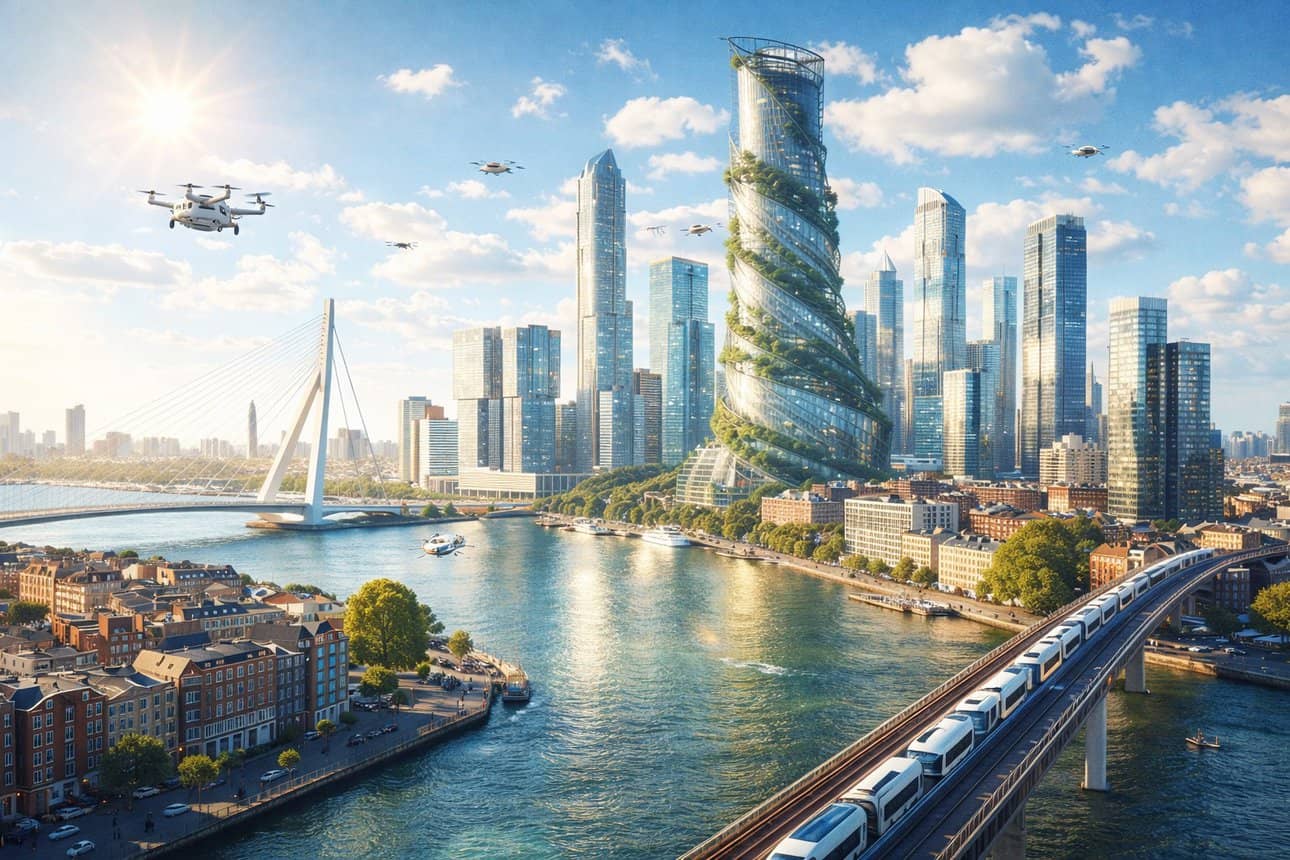
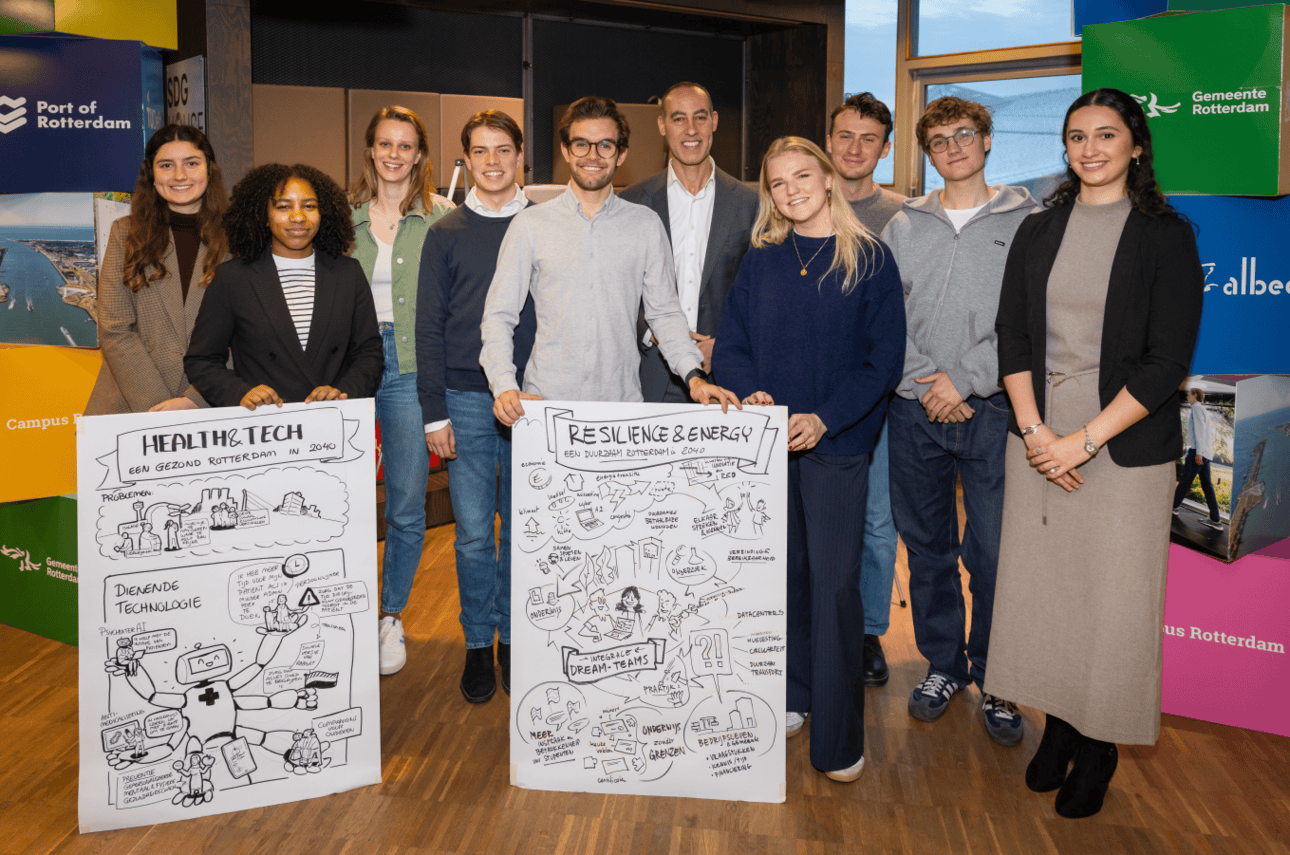
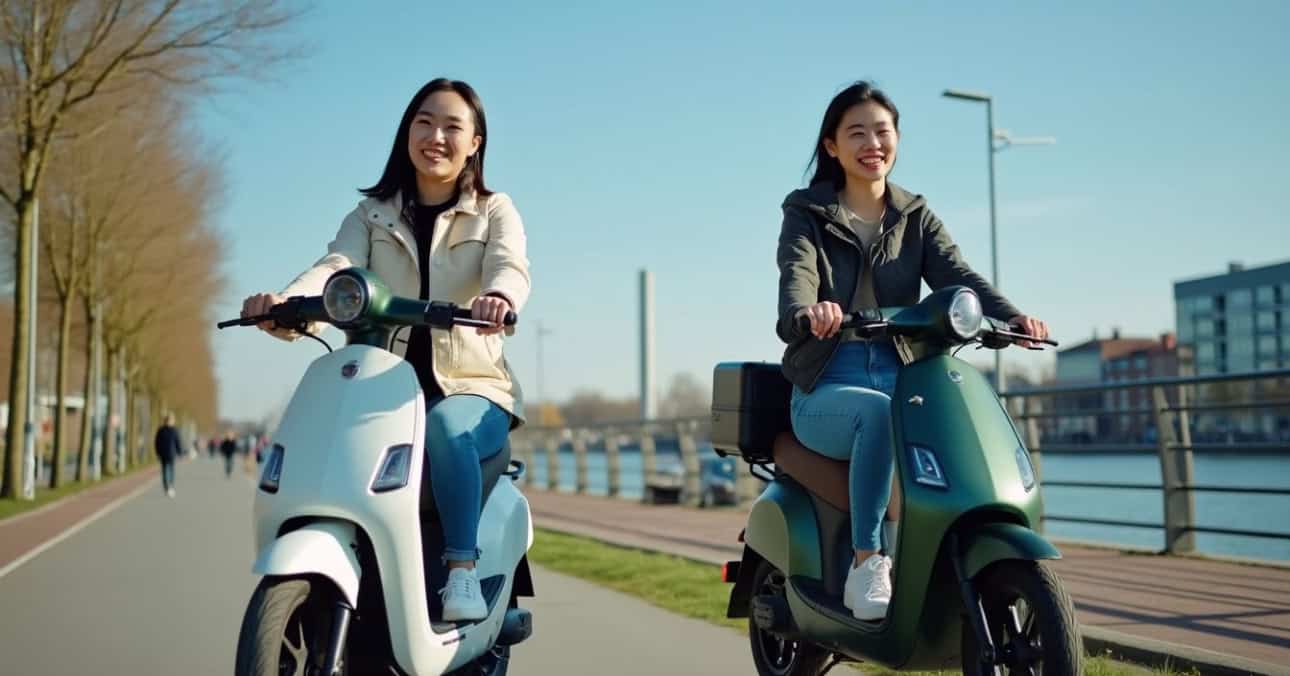
.jpg)
